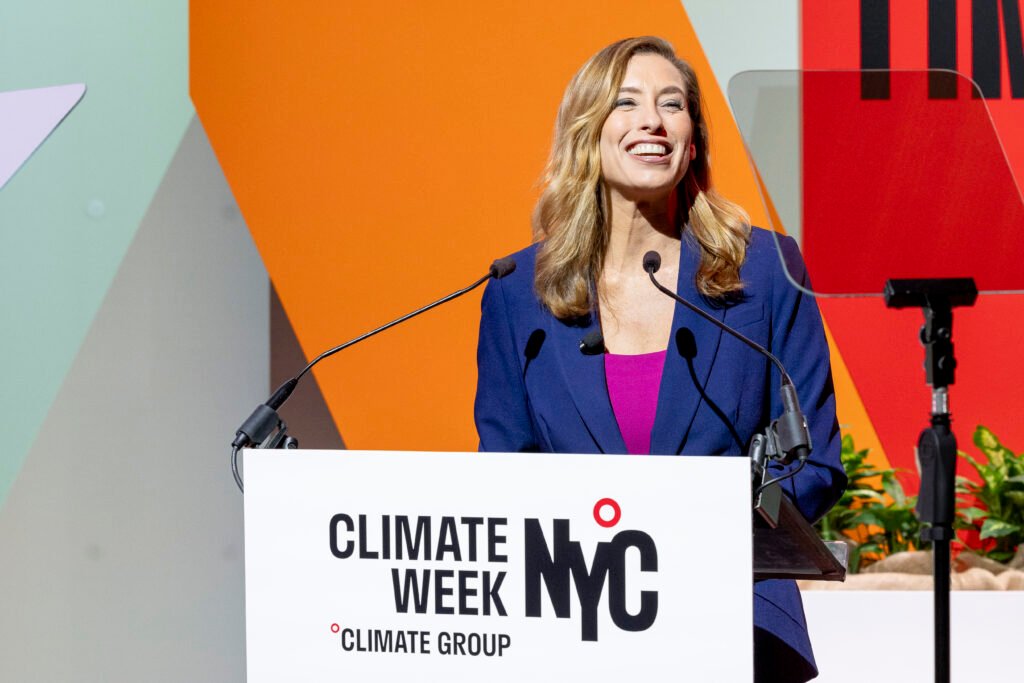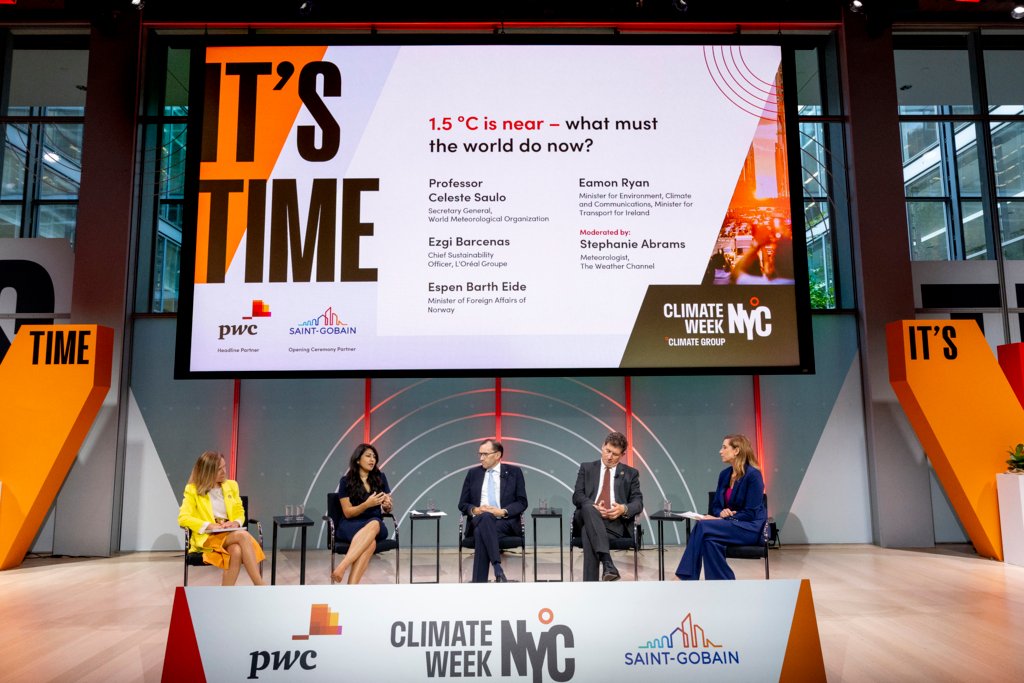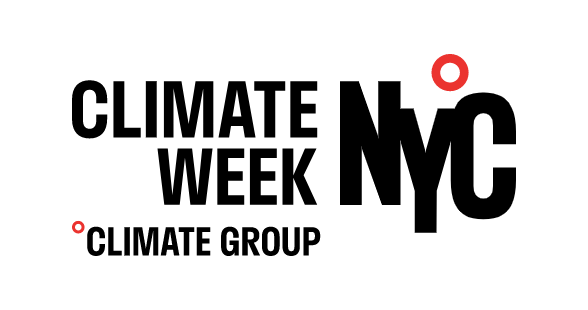From September 21 to 28, New York City transforms into the global epicenter of climate action. Climate Week NYC 2025 arrives as the world’s largest international sustainability event, organized by Climate Group alongside the United Nations and the City of New York, as part of the UN General Assembly.
This year, under the theme “Power On”, Climate Week sends a clear message: it’s time to turn ideas into real solutions to tackle the climate crisis. More than 900 events across the city will bring together leaders from governments, businesses, academia, and civil society to debate, build partnerships, and accelerate the transition to a sustainable future.

💡 A strategic space ahead of COP30 in Brazil
Climate Week NYC is not only a global stage, but also plays a strategic role as a lead-up to COP30, taking place in Belém, Brazil this November. New York’s climate week allows for fine-tuning commitments, strengthening alliances, and shaping the agenda for the world’s most important climate summit.
🧠 Key topics and Global players
The 2025 program is packed with timely and urgent content:
- Solutions for universal access to affordable, clean electricity
- Discussions on biodiversity and conservation
- Public policies to ensure insurable homes and businesses
- Strategies for a sustainable labor market
- Global-scale investments in clean technologies
Organizations such as The Economist Impact, Yale Planetary Solutions, and leading companies will host forums and sessions where the most critical decisions for our climate future will be discussed.

🔍 Featured event: MIT Innovation Showcase
One of the must-see events will be the MIT Innovation Showcase on September 24, featuring live demonstrations of cutting-edge solutions in carbon removal, energy storage, and climate simulations tailored to vulnerable territories.
🌿 The Community Forests returns
As in 2024, The Community Forests will participate once again in Climate Week NYC as a leading voice in community-led conservation, biodiversity, and Indigenous participation. Their experience with REDD+ projects driven by local communities will be part of critical discussions on fair and effective solutions to protect the planet’s most fragile ecosystems.

